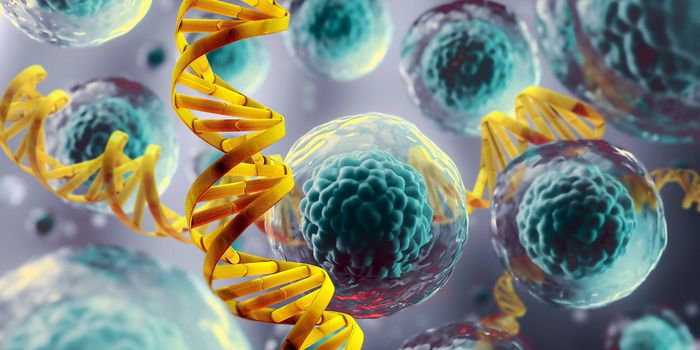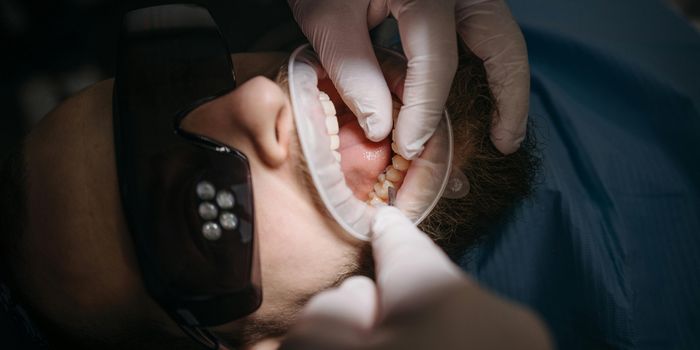No Evidence for Depression and Serotonin Activity Link
A new review study found that there is no clear evidence that serotonin levels or serotonin activity are responsible for depression. The corresponding study was published in Molecular Psychiatry.
"The popularity of the 'chemical imbalance' theory of depression has coincided with a huge increase in the use of antidepressants,” said lead author Professor Joanna Moncrieff, a Professor of Psychiatry at UCL and a consultant psychiatrist at North East London NHS Foundation Trust (NELFT).
“Prescriptions for antidepressants have risen dramatically since the 1990s, with one in six adults in England and 2% of teenagers now being prescribed an antidepressant in a given year. [...] Many people take antidepressants because they have been led to believe their depression has a biochemical cause, but this new research suggests this belief is not grounded in evidence,” she added.
For the review, the researchers examined 17 studies, including systematic reviews, meta-analyses, a genetic association study, and an umbrella study, that included tens of thousands of participants.
They found that evidence suggesting that people with depression have higher levels of serotonin activity is weak and inconsistent. They also cited a meta-analysis that found that serotonin deficiency is not linked to depression, as well as studies that found the same for gene variation, including for the serotonin transporter.
The researchers further noted evidence from a large meta-analysis that found that antidepressant use could lead to short-term increases in serotonin, which could trigger compensatory brain changes that reduce serotonin production in the long term.
The researchers ultimately concluded that there is ‘no support for the hypothesis that depression is caused by lowered serotonin activity or concentrations.’
They noted that their findings are important as studies show that 85-90% of the public believes depression is caused by low serotonin or a chemical imbalance. There is also evidence that believing this to be true can result in a pessimistic outlook on one’s ability to recover and the possibility of managing moods without medical help.
"Our view is that patients should not be told that depression is caused by low serotonin or by a chemical imbalance, and they should not be led to believe that antidepressants work by targeting these unproven abnormalities,” said Prof Montcrieff.
“We do not understand what antidepressants are doing to the brain exactly, and giving people this sort of misinformation prevents them from making an informed decision about whether to take antidepressants or not," she concluded.
Sources: Science Daily, Molecular Psychiatry









